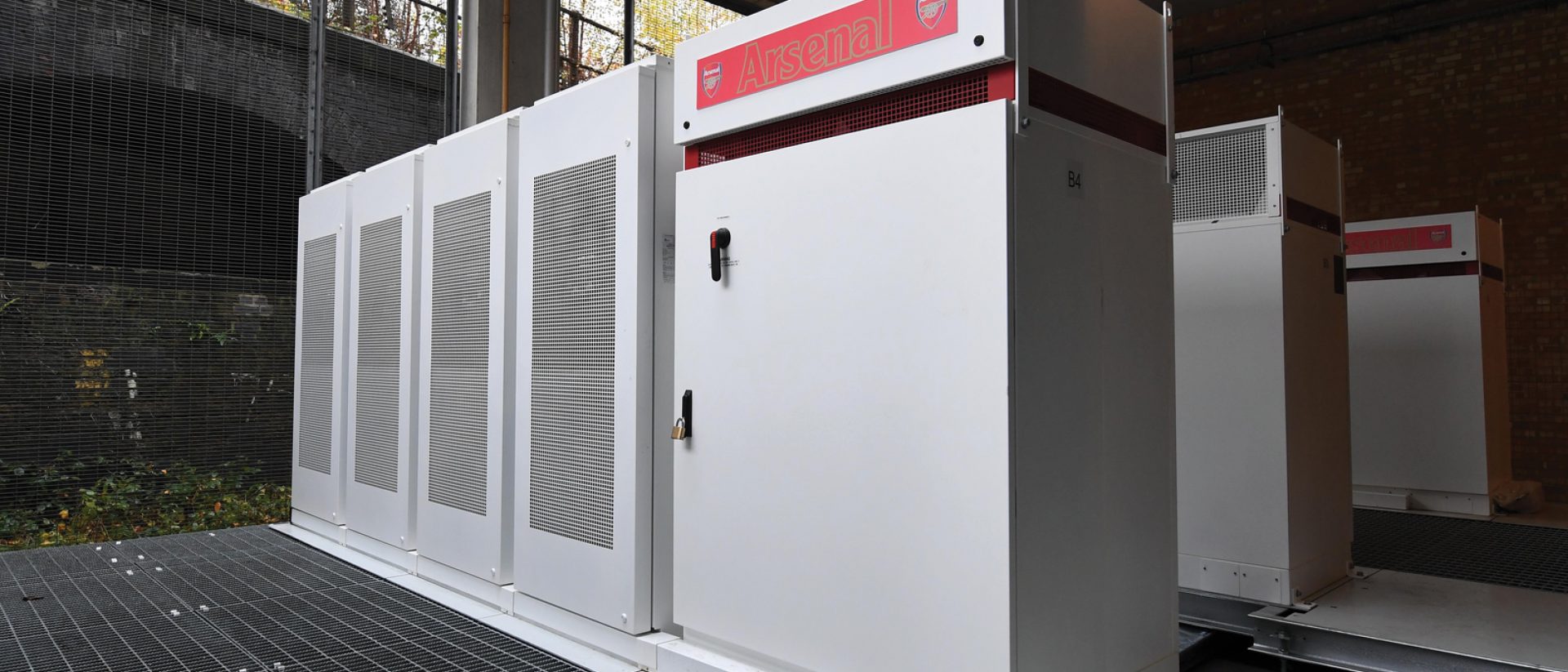The treatment of energy storage under the planning policy framework should be fair and proportionate to the impact that energy storage projects may have on their surrounding areas and only escalated to the NSIP regime where its potential impact on the environment warrants such treatment, as such we agree with the proposals.
The REA agrees with the proposal to carve out electricity storage, except pumped hydro, from the NSIP regime. As such we are keen that the proposals go ahead and wish to re-state the benefits of energy storage and why we need more such projects in the UK.
Energy storage is a critical enabler for the UK’s energy transition. However, since BEIS’s original consultation on the treatment of storage in the planning regime, Ofgem’s decisions in its Targeted Charging Review (TCR) will introduce new barriers to the deployment of energy storage projects that will have a negative impact on the development of storage and new flexibility services in general. If the government is serious about delivering on its legislated emissions reductions target of net-zero by 2050, barriers to the deployment of energy storage – including other market barriers, such as lack of a clear route to market, difficulties securing suitable finance and grid connection constraints – need to be systematically reviewed and removed to provide consistent and coordinated, rather than conflicting, signals for the UK’s energy transition.
In terms of the financial importance of this change for developing projects, what is critical is the percentage costs of project planning applications compared to the development spend on a project, not the capital spend. As a developer only faces the full costs of a project if it achieves planning, in the developers eyes the most important consideration is to remove big risks as quickly as possible with finite resources. It is a huge risk to commit DCO funds to a project that might fail and therefore few try.
REA Support the Proposals, because:
- We need to vigorously and ambitiously plan for the Net Zero future by entirely exempting energy storage projects from the NSIP.
- There is a need to consider a dedicated Use Case for storage devices in the planning system – this would be enabled further by and closely relates to, the need for a dedicated legislative basis for storage in the electricity system (requiring primary legislation). Such a case would make it really clear and explicit what an energy storage application is and how it should be treated.
- The energy system is changing, and the energy transition needs energy storage. Therefore, it is essential that reforms whose purpose is to support the energy transition – like this reform – holistically considers the energy storage needs of the transition and works to remove barriers to their deployment.
- The REA would also like to raise awareness within Government and industry of some of the actions being undertaken by the REA with project partners to try and bring greater awareness and clarity to planning departments and the market on some planning and related issues, this includes the production of guidance briefings for local planning departments and homebuilders.
Please send any comments to Frank Gordon, Head of Policy

